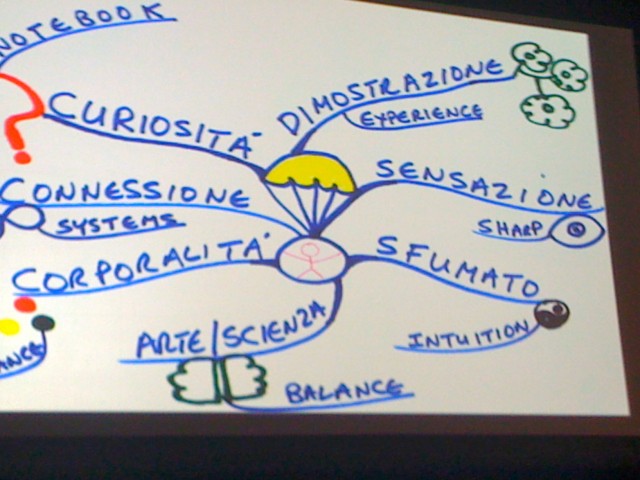What are you grateful for today? What good did you do today? How were you helpful today? What went well today?
How did it feel to answer these questions? (It felt good, didn’t it?)
Most of us get so caught up in what’s going wrong in life that when something good happens, we often overlook it. When our minds are focused on the bad and the wrong we fail to notice the good and the right.
Here’s a little exercise that you can incorporate into your life to help you notice the good more readily and increase your feelings of happiness and gratitude. It’s called “What Went Well,” and while there are many variations, I especially like Marty Seligman’s. He suggests that at the end of each day, you take a few minutes to write down three things that went well. These things don’t need to be earth shattering in importance (“The corner store is carrying a new flavor of ice cream that I’ve been looking for”), but they can be important (“My daughter was accepted at her first-choice university”). Next to each positive event, answer the question “Why did this happen?” For example, if you wrote about your daughter being accepted at her first-choice university, you might write “because she was focused on her goal and took the steps necessary to succeed” or “she was very thoughtful in answering the essay on the admissions application.”
It may seem a little awkward at first to write about positive events in your life, but stick with it. It will get easier. You will begin noticing the positive events as they are happening and have the opportunity to RELISH them. I bet that six months from now, you will be less depressed, happier, more grateful and maybe even addicted to this exercise.
Are you already doing a variation on “What Went Well?” Please tell us about it in a comment below.
References
Seligman, M.E.P. (2011). Flourish. New York, NY: Free Press.
Image
Naito8 / FreeDigitalPhotos.net



 As I am preparing for next week’s “Leveraging the Science of Happiness at Work” presentation to the Rogue Valley Society for Human Resource Management (SHRM), I’m reflecting on a comment a Facebook friend made the other day when I shared
As I am preparing for next week’s “Leveraging the Science of Happiness at Work” presentation to the Rogue Valley Society for Human Resource Management (SHRM), I’m reflecting on a comment a Facebook friend made the other day when I shared  I’m presenting tomorrow at the University of New Mexico’s Mentoring Institute Conference on Leveraging the Science of Happiness at Work. Excited! Also doing a poster session and getting my paper published in the proceedings. A copy will soon be on this website.
I’m presenting tomorrow at the University of New Mexico’s Mentoring Institute Conference on Leveraging the Science of Happiness at Work. Excited! Also doing a poster session and getting my paper published in the proceedings. A copy will soon be on this website. 
 What an incredible week as I attended the International Coaching Federation’s international conference! The theme was Playing to the Edge. With more than 1,000 coaches from around the world, we gathered together to continue our studies in the art and science of coaching and share perspectives on how we can help businesses and employees achieve their potential in our global economy.
What an incredible week as I attended the International Coaching Federation’s international conference! The theme was Playing to the Edge. With more than 1,000 coaches from around the world, we gathered together to continue our studies in the art and science of coaching and share perspectives on how we can help businesses and employees achieve their potential in our global economy.

 Check this out—The Wall Street Journal is measuring happiness at work using the same assessment tool I have been using with my clients. This
Check this out—The Wall Street Journal is measuring happiness at work using the same assessment tool I have been using with my clients. This 



